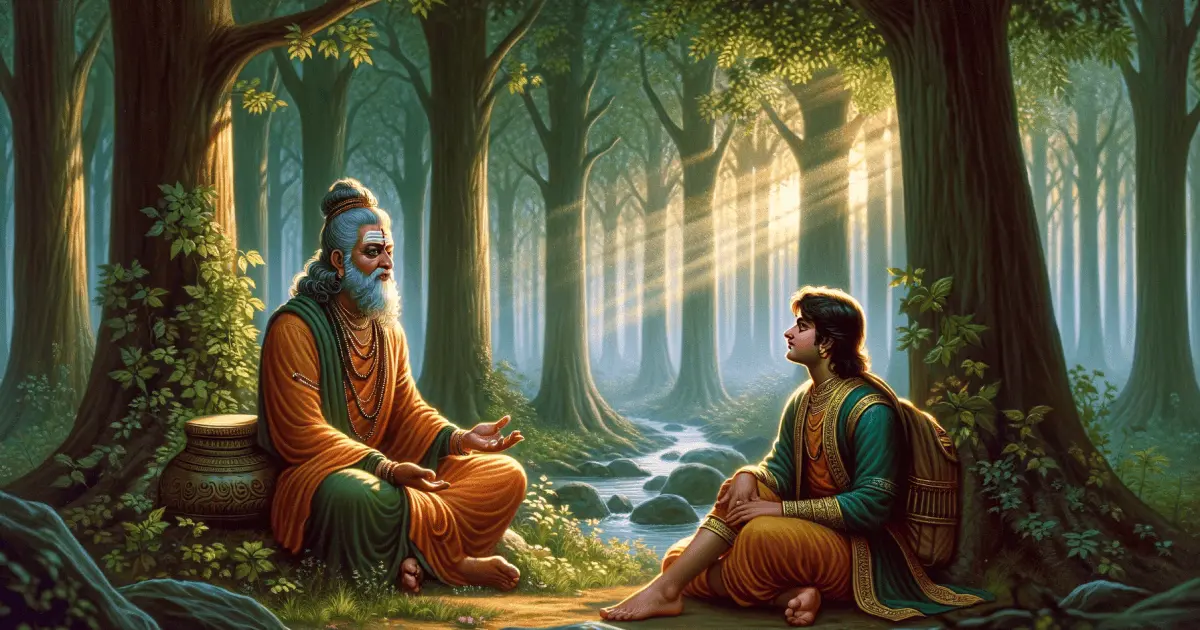Year 915 of the Seventh Manvantara“A great battle is coming, young Sudas,” said Rshi Vasishtha. “But likely that your father will not lead the Bharatas to war and victory, you will.”“We have always been at war, Rshi Vasishtha,” said Sudas, the twelve year old crown prince of Prayaga. “Every Bharata King has given his life to the Kingdom.”“Well said,” Rshi Vasishtha said approvingly. “But few have bothered to learn why the war exists in the first place. Why does Bharata fight Puru, or Yadava roar against the Suryavansha? Why does the Anu ally with the Puru but not with the Druhyu, and why do both howl for Bharata blood? Have you thought about this, Sudas?”Sudas contemplated on Rshi Vasishtha’s query, for his father had lectured him on the tribal histories once. But Rshi Vasishtha was the Rajpurohit- Royal Priest of Prayaga. His knowledge and wisdom were unparalleled perhaps in all of Aryavarta. Rshi Vasishtha had tutored Sudas’s father and grandfather, and now he would mentor the young crown prince into a man fit to lead the Grand Bharata Kingdom- Bharatvarsha to its proud citizens. The Grand Kingdom’s western borders...
Itihasa, a Short Story
What though the floods spread widely, Indra made them shallow and easy for Sudās to traverse. He, worthy of our praises, caused Simyu, foe of our hymn, to curse the rivers' fury. Eager for spoil was Turvaśa Purodas, fain to win wealth, like fishes urged by hunger. The Bhṛgus and the Druhyus quickly listened: friend rescued friend amid the two distant peoples.

Sign up to read this story
This story is part of our member-only exclusive access.
Upgrade to get full access to this short story and other membership benefits